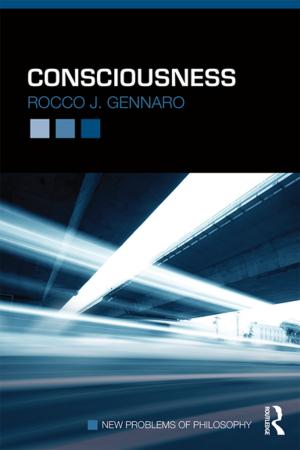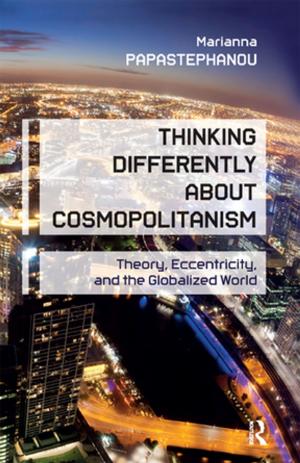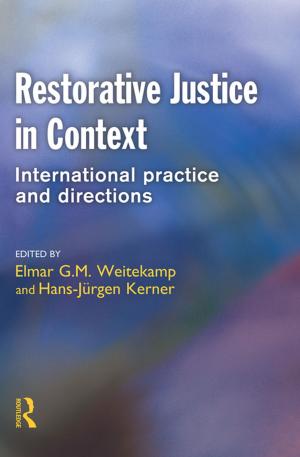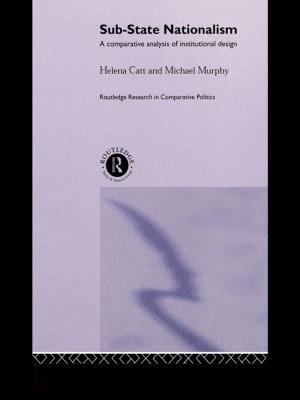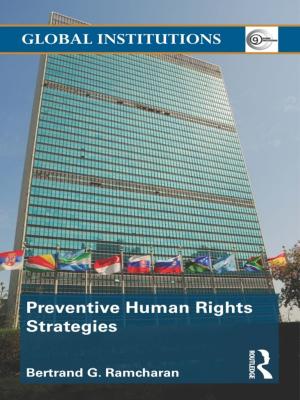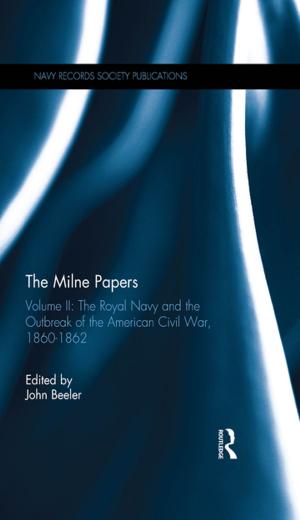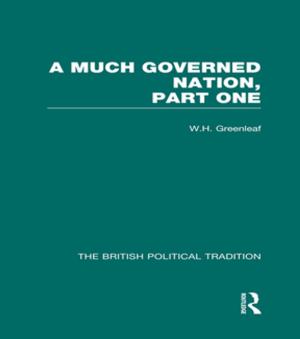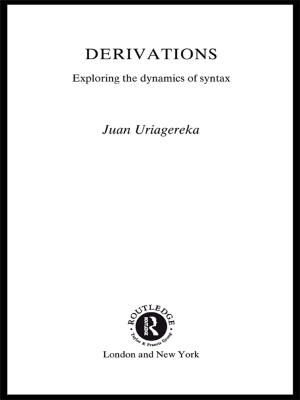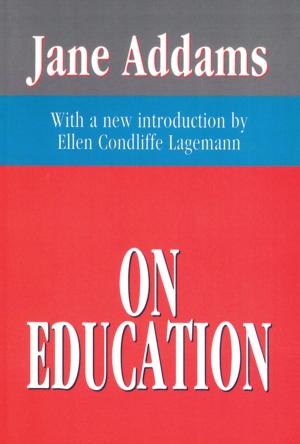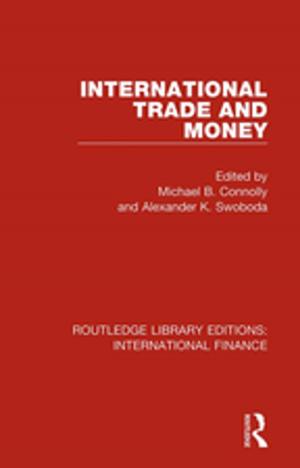National Allocation Plans in the EU Emissions Trading Scheme
Lessons and Implications for Phase II
Nonfiction, Social & Cultural Studies, Political Science, Government, Public Policy| Author: | Michael Grubb, Regina Betz, Karsten Neuhoff | ISBN: | 9781136535574 |
| Publisher: | Taylor and Francis | Publication: | September 23, 2010 |
| Imprint: | Routledge | Language: | English |
| Author: | Michael Grubb, Regina Betz, Karsten Neuhoff |
| ISBN: | 9781136535574 |
| Publisher: | Taylor and Francis |
| Publication: | September 23, 2010 |
| Imprint: | Routledge |
| Language: | English |
The EU emissions trading scheme is the largest emissions control scheme in the world, capping almost half of European CO2 emissions. As the scheme emerges from its pilot phase, this special issue of Climate Policy journal analyses the lessons learned from the last two years and their implications for phase II. The volume presents some of the key analyses that helped inform the European Commission's decisions on national allocation plans, with research ranging from detailed country-by-country comparisons to more generic analysis that puts forward the case for harmonization. Challenging calls to seperate electricity from other sectors, a macroeconomic study suggests that the biggest efficiency gains come from inter-sectoral trading, even more than international trading. Empirical papers, which look at the expected scarcity of allowances in the market and merge models for the power and non-power sectors to project emissions and contrast these to the aggregate allocation volume, are complemented by two numerical simulations of trade and distributional effects, estimating the efficiency gains of the EU ETS in phase I and assessing allocation and distribution effects in the RGGI context.
The EU emissions trading scheme is the largest emissions control scheme in the world, capping almost half of European CO2 emissions. As the scheme emerges from its pilot phase, this special issue of Climate Policy journal analyses the lessons learned from the last two years and their implications for phase II. The volume presents some of the key analyses that helped inform the European Commission's decisions on national allocation plans, with research ranging from detailed country-by-country comparisons to more generic analysis that puts forward the case for harmonization. Challenging calls to seperate electricity from other sectors, a macroeconomic study suggests that the biggest efficiency gains come from inter-sectoral trading, even more than international trading. Empirical papers, which look at the expected scarcity of allowances in the market and merge models for the power and non-power sectors to project emissions and contrast these to the aggregate allocation volume, are complemented by two numerical simulations of trade and distributional effects, estimating the efficiency gains of the EU ETS in phase I and assessing allocation and distribution effects in the RGGI context.


